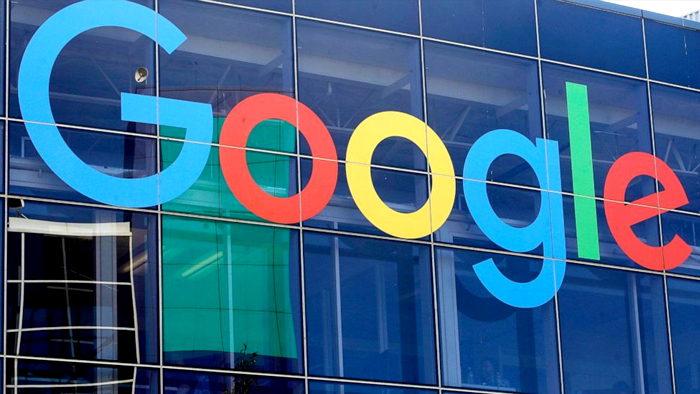Indiana’s Attorney General, Todd Rokita, said that Google will pay Indiana $20 million to settle the state’s lawsuit against the tech giant over what the state says are misleading location tracking practises.
He said that Rokitas sued Google on his own when talks between the company and a group of state attorneys general broke down. In November, the company settled with these states for $391.5 million.
Rokita said Thursday that because of the separate lawsuit, Indiana got about twice as much money as it would have under the deal with the other 40 states in the coalition.
Rokita said, “This settlement shows again how committed we are to protecting Hoosiers from Big Tech’s invasive schemes.”
States started looking into it after the Associated Press reported in 2018 that Google kept tracking people’s locations even after they turned off a feature called “location history” to stop it.
As part of the deal with Indiana, Google did not say that it had done anything wrong.
In a long statement released on Friday, the company said that over the past few years, it has become more open and given users tools to help them manage their data and reduce the amount of data it collects. Google said it launched auto-delete controls and set them to be on by default for all new users. This gives them the ability to automatically delete data on a rolling basis.
Google also said that it made changes to Google Maps, such as the “incognito” mode.
The company said, “These are just some of the ways we’ve worked to give people more choices and more information.”
Indiana’s lawsuit said that Google uses location data to make detailed profiles of users and show them ads that are relevant to them. It said that since at least 2014, the company has tricked and misled users about how it does business.
Rokita said he sued Google because even a small amount of location data can be used to figure out who someone is and what they do. Such information can be used to figure out things like a person’s political or religious beliefs, income, health status, or involvement in support groups. It can also be used to figure out big events in a person’s life, like getting married or having children, he said.

